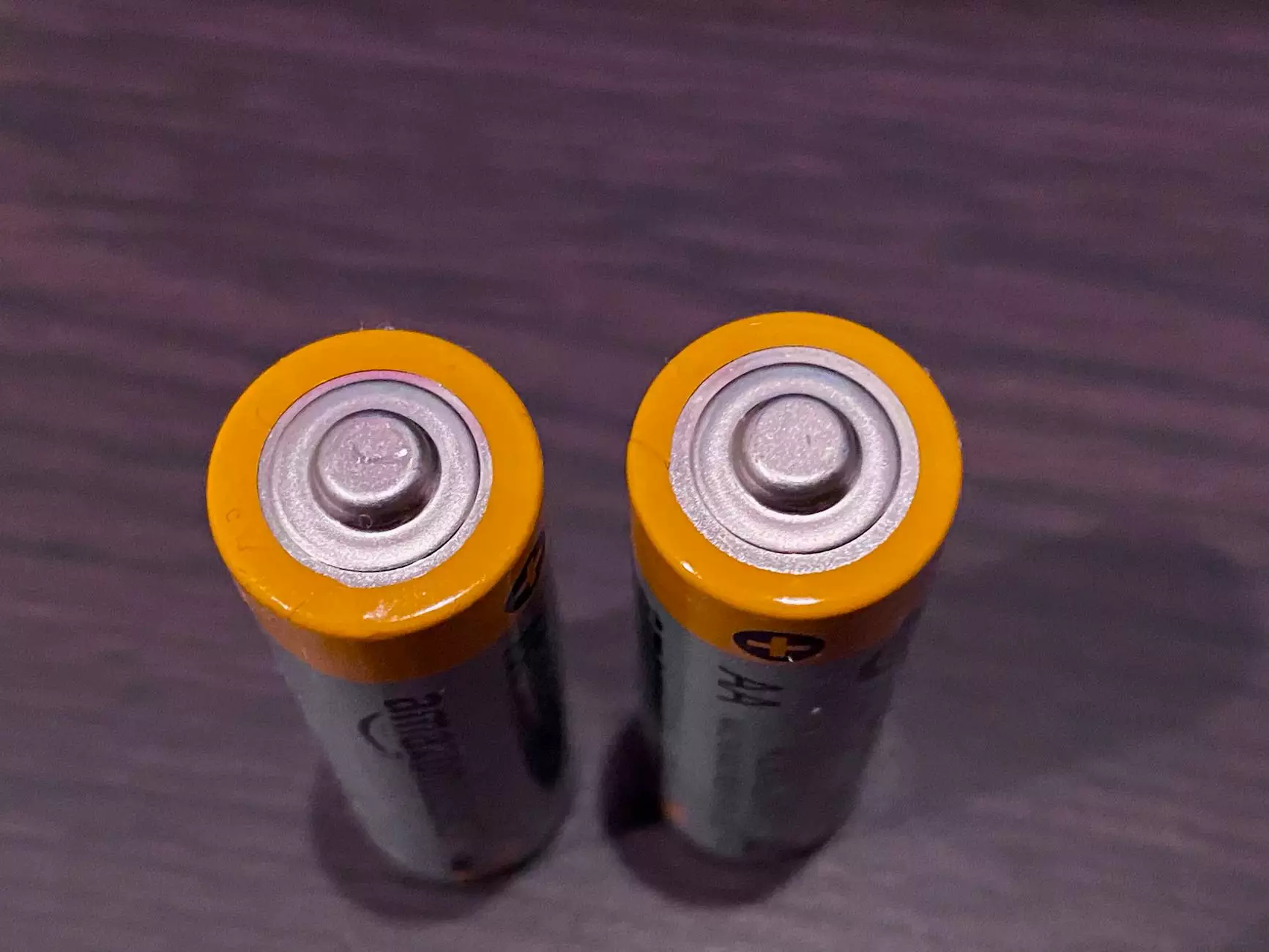The Ultimate Guide to Solar Energy Storage Battery Systems

In recent years, the emphasis on renewable energy sources has reached an all-time high, shifting the focus of both consumers and businesses towards sustainable energy solutions. Among these solutions, solar energy storage battery systems stand out as one of the most vital components driving this change. This comprehensive guide will navigate through the intricacies of solar energy storage systems, highlighting their importance, how they function, and the staggering benefits they offer for both residential and commercial applications.
What is a Solar Energy Storage Battery System?
A solar energy storage battery system is a collection of components that store energy generated from solar panels for later use. By converting sunlight into electricity and storing this energy safely, these systems enable you to harness renewable energy even when the sun isn't shining. Whether it’s for powering your home during the night or providing backup in case of outages, this technology is becoming increasingly essential.
How Do Solar Energy Storage Systems Work?
The operation of a solar energy storage battery system can be broken down into several stages:
- Solar Energy Generation: Solar panels capture sunlight and convert it into direct current (DC) electricity.
- Inversion of Energy: An inverter converts the DC electricity into alternating current (AC) electricity for use in homes and businesses.
- Energy Storage: Any excess energy produced that isn't immediately used is sent to the battery storage system, where it is stored for later use.
- Energy Usage: During periods of low sunlight or when energy consumption is high, the stored energy is released and used, ensuring that users have a constant energy supply.
Types of Solar Battery Systems
There are primarily two types of battery systems utilized in solar energy storage:
- Lithium-Ion Batteries: These are the most popular type of storage solutions, known for their high energy density, efficiency, and long life cycles.
- Lead-Acid Batteries: Once the standard choice for solar energy systems, lead-acid batteries are more affordable but have a shorter lifespan and lower efficiency compared to lithium-ion counterparts.
Benefits of Solar Energy Storage Battery Systems
Implementing a solar energy storage battery system provides numerous advantages, including:
- Energy Independence: By storing your own energy, you can significantly reduce your reliance on the grid.
- Cost Efficiency: Stored energy can help save on electricity bills, especially during peak pricing times.
- Backup Power: In case of grid outages, battery systems offer an essential power source, ensuring that crucial devices remain operational.
- Environmental Impact: Using stored solar energy reduces your carbon footprint and mitigates the effects of fossil fuel consumption.
- Increased Home Value: Homes equipped with solar energy systems often see an increase in property value, making them more attractive to prospective buyers.
How to Choose the Right Solar Energy Storage Battery System
Selecting the right solar energy storage battery system involves multiple considerations:
- Capacity: Assess your energy needs to determine the capacity that will best suit your consumption patterns.
- Efficiency: Look for systems with high efficiency ratings to maximize energy use.
- Life Cycle: Consider the longevity of the batteries. Lithium-ion batteries typically offer longer life cycles compared to lead-acid.
- Brand and Warranty: Choose reliable brands that offer warranties for peace of mind and assurance of quality.
Installation Process of Solar Energy Storage Battery Systems
The installation of a solar energy storage battery system is a significant investment that requires professional assistance to ensure optimal design and functioning:
- Site Assessment: A qualified technician evaluates your location to determine suitable placement for solar panels and batteries.
- Design and Permission: A customized design is created, and any necessary permits are secured from local authorities.
- Installation: The installation of solar panels and batteries occurs, typically taking a few days.
- System Testing: Once installed, the system goes through thorough testing to ensure everything functions as intended.
- Monitoring and Maintenance: Regular monitoring and maintenance checks ensure longevity and efficiency of the solar system.
Common Misconceptions About Solar Energy Storage
Despite the growing popularity of solar energy storage, several misconceptions still exist:
- Myth 1: Solar batteries are too expensive. Fact: With decreasing costs for technology and substantial long-term savings, they can be quite affordable.
- Myth 2: Solar batteries are not efficient. Fact: Modern systems, especially lithium-ion, boast high efficiency rates.
- Myth 3: You need to be entirely off the grid. Fact: Battery systems can complement existing grid connections.
Future of Solar Energy Storage Battery Systems
The future of solar energy storage battery systems is bright, underscored by advancing technologies and increased adoption rates. Research and innovation continue to drive enhancements in battery capacity, efficiency, and longevity. Additionally, falling prices and government incentives make solar energy more accessible to consumers.
Conclusion
To encapsulate, solar energy storage battery systems present an innovative answer to the challenges of energy sustainability and independence. They allow users to take charge of their energy use while contributing to a healthier planet. As we move forward, integrating solar storage solutions into our homes and businesses will not only strengthen our energy resilience but also propel our transition towards a more sustainable future. Learn more about innovative products and solutions at bmgreat.com.
If you're considering investing in solar energy storage, take the time to evaluate your options carefully, utilizing this guide as a resource. The right solar energy storage battery system can significantly impact your energy costs and reliability, proving to be one of the smartest investments in both the short and long term.









